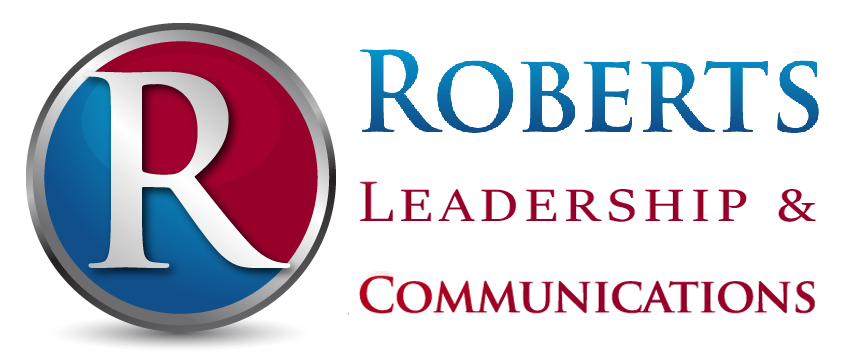
Successful conflict resolvers are not born–they are trained. Build your skills as an effective conflict resolver and mediator. Learn to recognize conflict patterns and what triggers and escalates conflict in others, master strategies that reduce conflict escalation, assert yourself confidently and give constructive feedback.
These skills will help you work more productively and harmoniously with clients, colleagues and supervisors. Good agreements help you reach and exceed your own objectives and they leave the other party feeling more satisfied.
Participant Outcomes
Upon successful completion of this course, you will be able to:
- Recognize conflict styles
- Recognize different triggers and patterns
- Understand and identify how different people handle conflict
- Understand what escalates conflict situations
- Master strategies to reduce conflict escalation
- Assert yourself confidently
- Negotiate successfully
- Work with others to create new options to old problems
- Give constructive feedback
- Build your skills as an effective mediator and conflict resolver
Workshop Content:
Component 1
- Overview
- 5 Approaches to Conflict Resolution
- Determining when to engage and when not to engage
- 4 Types of Conflict
- 5 Key Triggers
- Recognizing Ones Personal Response
Component 2
- Preparation
- Timing
- Setting the Stage
- Setting Ground Rules
Component 3
- Communication Skills: Aggressive vs. Assertive Communication
- Being Open About Emotions
Component 4
- Opening the Conversation
- Determining Fact- or Perception-based Conflict Identifying Effective Fact-Finding Questions Identifying and Asserting Personal Needs
Component 5
- Identifying the Concern or Challenge
- Defining what the conflict is about
- Determining Desired Outcomes
Component 6
- Inquiry / Fact Finding
- Undersanding Both Sides
- Focusing on the issue, not the person
- Accepting and Validating
- Establishing Clarity and Consensus
Component 7
- The Art of Active Listening
- 7 Responses which Provide Support and Feedback
Component 8
- Problem Solving
- Negotiating Solutions
- Tips to Assessing Successful Agreements
Component 9
- No Solution in Sight – Now What? Strategies for Managing a Stalemate
- Strategies for Handling Breeches in Agreements
- Knowing When it’s Not Working
- Dealing with Difficult People
- Strategies for Handling Challenging Situations
Component 10
- Closing the Session
- Strategies for Recovering from Conflict
- Following Up


 Copyright 1999-2017
Copyright 1999-2017